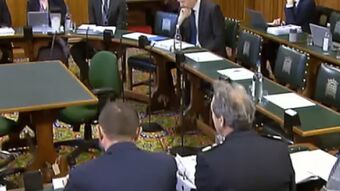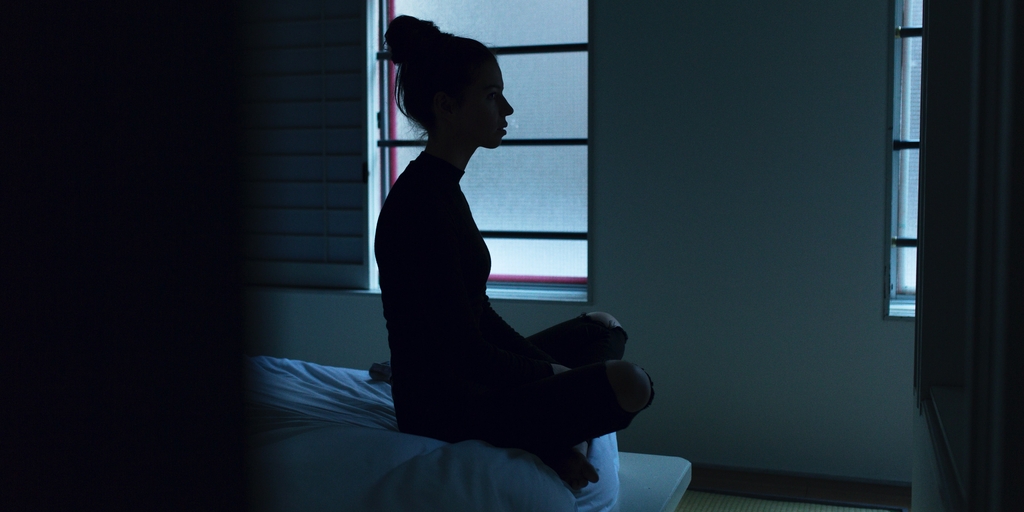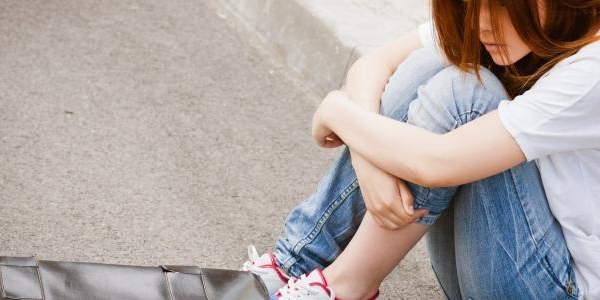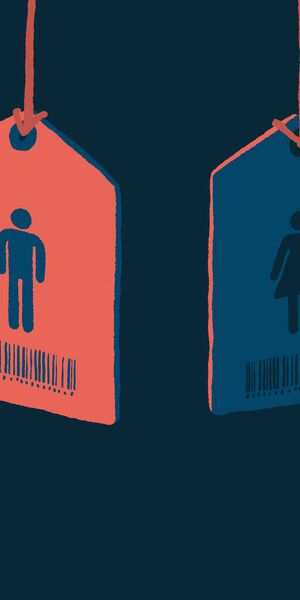Legal experts call for greater support for victims
Human Trafficking
The Home Affairs Committee of MPs heard evidence from lawyers, prosecutors and police representatives this week highlighting the challenges in supporting victims in the criminal justice system.
Sustained support
Baljit Ubhey, Director of Prosecution Policy and Inclusion at the Crown Prosecution Service told the Committee that research by the Cabinet Office into the reasons for low rates of successful prosecutions for modern slavery crimes identified the “lack of sustained support for victims” as a key factor.
Shaun Sawyer, Chief Constable of Devon and Cornwall Police and National Police Chiefs Council lead on Modern Slavery and Human Trafficking, echoed these concerns. He highlighted that victims need “enduring support” from people who will be able to support the victim after a court case has finished, especially because of the risk of re-trafficking. He recommended a model of special advocates similar to that available to victims of domestic violence.
This need for sustained specialist support is one of the reasons that CARE wants to see Lord McColl’s Modern Slavery (Victim Support) Bill become law. The Bill includes the provision of a support worker for each victim for 12 months after they leave the current support structures. The Government’s proposal for 45 days of additional support and then access to drop-in centres for six months is inadequate to offer the kind of advocacy and specialist help the Chief Constable is recommending.
Victims or criminals?
The Modern Slavery Act includes a defence to protect victims from being convicted of crimes that they are forced to commit in the course of being exploited, but MPs heard two different views about problems with the defence in the session this week. The CPS and police representatives highlighted concerns that the defence is being used by organised crime gangs to groom and persuade young people into criminal exploitation (such as drug running). These gangs tell young people not to worry about getting caught because the defence will protect them. Those young people then go on to further exploitation for these and other criminal activities.
The CPS also raised concerns that the defence may be used where the person has not in fact been exploited but the CPS is unable to prove otherwise. Prosecutors would like to see defendants who raise the defence required to prove on a balance of probabilities that they have been exploited and that this exploitation is the reason for their criminal behaviour although other lawyers giving evidence suggested that changing the defence in this way may not be in line with international law. These lawyers who act on behalf of victims highlighted a different problem: that victims who are exploited in criminal activities such as drug dealing or petty theft are still being treated by police first and foremost as suspects and defendants in the early stages of an investigation and not being identified and treated as possible victims. Solicitor Philippa Southwell said that “as soon as you start to treat an individual as a suspect and then a defendant you will not get them to cooperate” in prosecution against those who have exploited them and control the criminal activities.
Ms Southwell also called for a review and repeal of some of the long list of offences in which the defence cannot be used saying they seem to have been “picked out of a hat” and do not take account of the well understood pattern of victim moving over a period of time into a position of control over other victims without ceasing to be a victim themselves.
Access to compensation and legal advice
Many victims are still unable to access compensation and legal advice. Victoria Marks from the legal charity the Anti-Trafficking and Labour Exploitation Unit (ATLEU) told the Committee that although legal aid can be available to help victims bring legal proceedings to seek compensation from their traffickers or for immigration advice, in practice many face long delays in getting this funding, if they get it at all, and a shortage of legal aid lawyers can mean delays of a year before a victim gets an appointment with a solicitor. Ms Marks also highlighted that many victims are not able to bring a case for compensation against their traffickers because the traffickers have no financial assets or cannot be traced. These victims should be able to apply for compensation from the Criminal Injuries Compensation Scheme but many victims of trafficking find this process difficult without assistance (and legal aid is not available for this) or that they are not eligible for damages awards under the scheme.
Guidance about supporting victims
The Committee also asked the witnesses about the lack of statutory guidance for identifying and supporting victims of modern slavery which is required by section 49 of the Modern Slavery Act and three years later has still not been published. Solicitor Nusrat Uddin told the MPs that following severe criticism of the lack of guidance by a judge in a recent case that she had been involved in the Home Office is now rushing through guidance which is “very basic” and “silent on so many different areas”.
You can watch the evidence session in full here. The Home Affairs Committee’s inquiry continues.





Share story
Legal experts call for greater support for victims